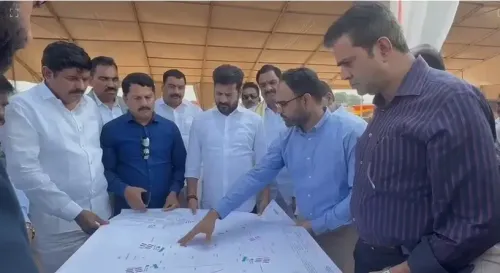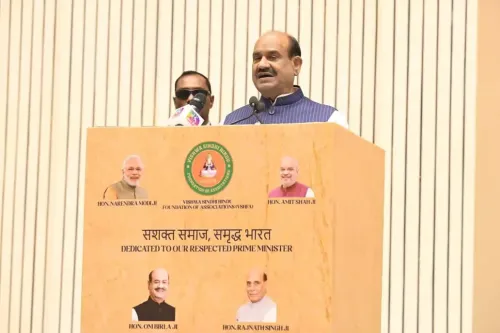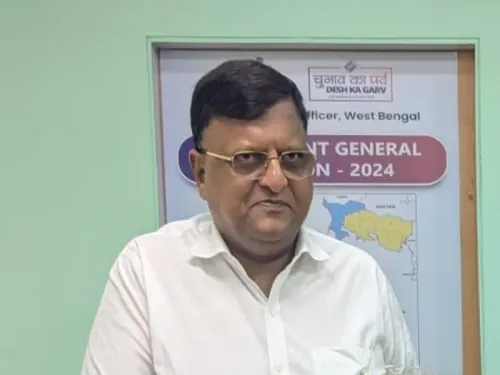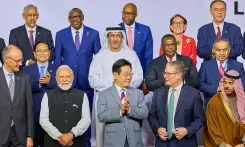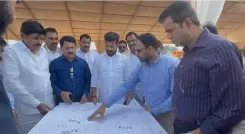Did the SC Reject Bhupesh Baghel's Challenge Against 'Piecemeal' Charge Sheets?
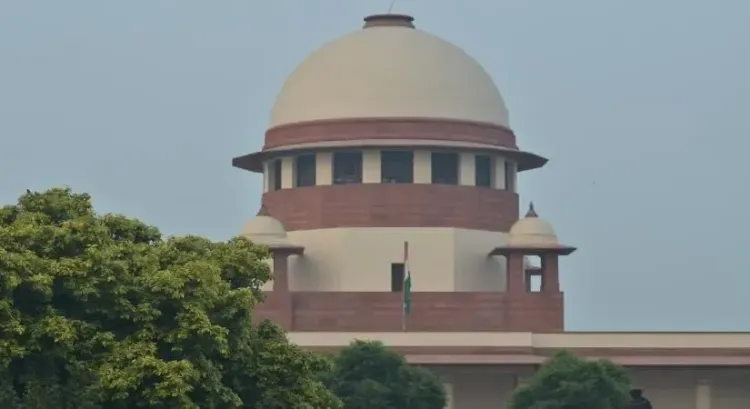
Synopsis
Key Takeaways
- The Supreme Court upheld the need for procedural safeguards in legal proceedings.
- Bhupesh Baghel faces serious allegations, including money laundering.
- The ED's powers and actions are under scrutiny in this case.
- Legal implications for Baghel and his son may have far-reaching effects.
- The case highlights ongoing debates about the powers of investigative agencies in India.
New Delhi, Aug 4 (NationPress) The Supreme Court on Monday declined to entertain a petition submitted by Congress leader and former Chhattisgarh Chief Minister Bhupesh Baghel, who is currently facing multiple legal challenges, including money laundering cases associated with rice milling, coal, and liquor scandals. Baghel's plea contested the unrestricted powers granted to the Enforcement Directorate (ED) and the Central Bureau of Investigation (CBI) to perform further investigations without sufficient procedural safeguards.
A bench comprised of Justices Surya Kant and Joymalya Bagchi advised the Congress leader to initially seek relief from the Chhattisgarh High Court regarding the filing of “incomplete or piecemeal” charge sheets or prosecution complaints by the investigative agencies.
Baghel's plea contended that the ED, despite lacking explicit authority under the Prevention of Money Laundering Act, 2002 (PMLA), routinely conducts further investigations and submits incomplete prosecution complaints.
Furthermore, the plea claimed that the ED engages in coercive measures, including arrests, without any legal restrictions or judicial oversight. These actions aim to undermine the statutory and constitutional right to default bail as outlined in Section 167(2) of the Code of Criminal Procedure, 1973 and Section 187(3) of the Bharatiya Nagarik Suraksha Sanhita, 2023.
In a separate writ petition, Baghel sought a ruling declaring that Sections 50 and 63 of the PMLA violate fundamental rights enshrined in Articles 14, 20, and 21 of the Constitution.
These provisions allow the ED to summon individuals and compel them to provide answers and documents under the threat of penalty and arrest.
The plea highlighted that Section 63(2)(b) requires the signing of statements recorded under Section 50 and imposes penalties for non-compliance, creating a chilling effect on the fundamental right to remain silent.
The Justice Surya Kant-led Bench scheduled to hear Baghel's second plea on August 6, alongside other petitions challenging the PMLA provisions.
Additionally, the court declined to consider a related petition filed by Baghel's son, Chaitanya Baghel, who was arrested by the ED on July 18 in connection with the alleged liquor scam.
The court permitted him to withdraw his petition filed directly in the Supreme Court, allowing him the option to approach the Chhattisgarh High Court for relief. His arrest is part of an ongoing investigation into a Rs 2,160 crore liquor scam purportedly involving a network of politicians, bureaucrats, and liquor contractors during Bhupesh Baghel's administration.

